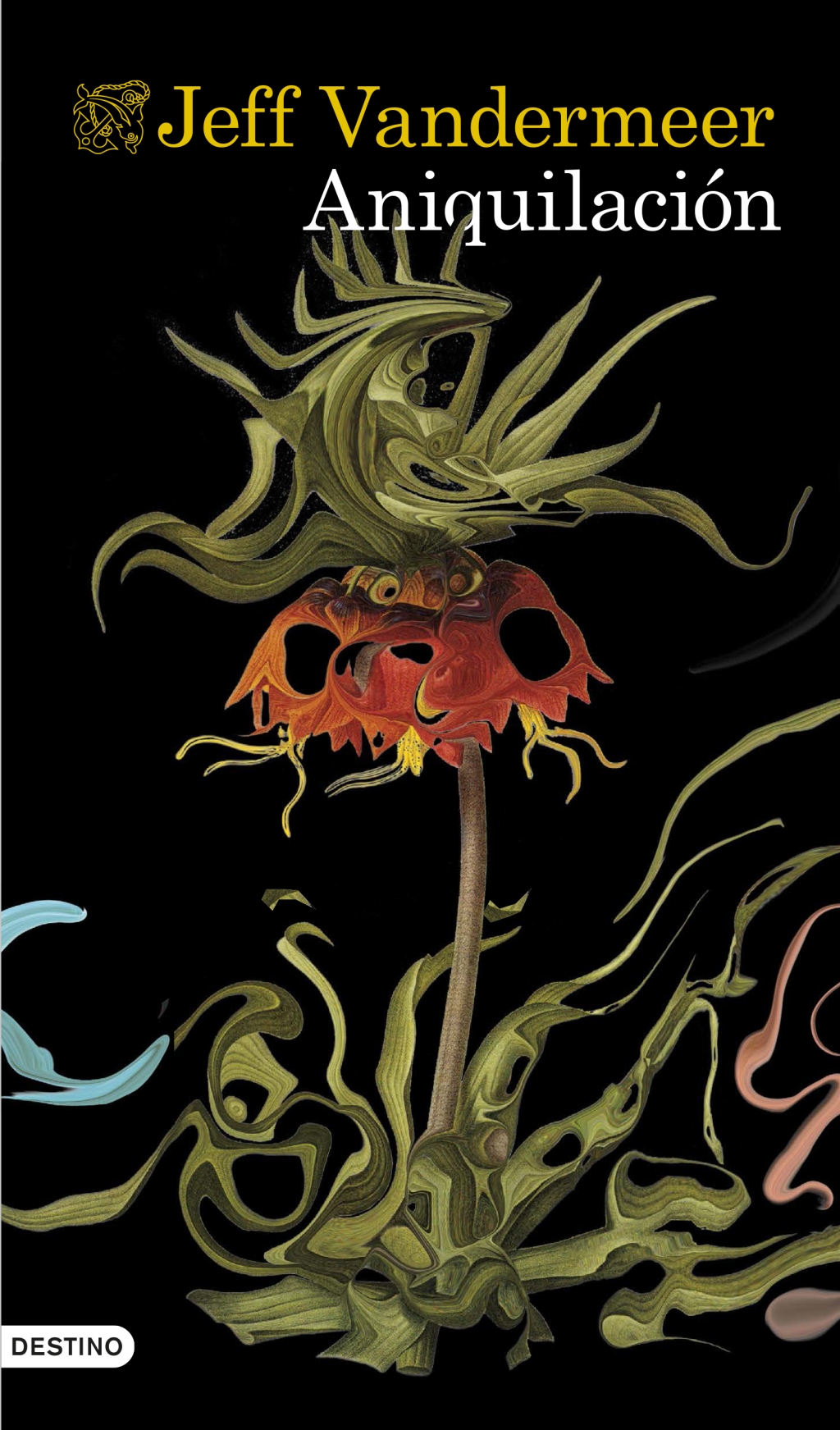My partner and I recently raised the question during one of our many car rides in and out of the city – if a supernatural entity were to make contact with you somehow, where and how would they appear? In our dreams was the consensus, either with the face of family or friends, or as some sort of personal idol (ie: Britney Spears). It’s a common question that fiction often ponders, and so let’s elaborate.
I recently pored Thomas Ligotti’s first two short fiction prose, Songs of a Dead Dreamer (originally, 1985) and Grimscribe (1991). Penguin Random House compiled the two into a Penguins Classic publication in 2015, into this perfect tome of horror (sidenote: a perfect fit for my MUJI bag). Originally introduced to me through Clifford Sargent’s review of the non-fiction The Conspiracy of the Human Race (2010), Ligotti’s fiction marries his supernatural fantasies into the mysterious void of the dream world. Ligotti subsumes his H.P. Lovecraft influences, and outputs an evolved, surrealist form of cosmic horror, as described by modern sci-fi writer Jeff VanderMeer in the introduction. “The Music of the Moon”, “The Spectacles in the Drawer” and “Dream of a Manikin” stand out as unnerving examples of dreams and reality ominously colluding with one another. As prep for this blogpost, I revisited Lovecraft’s “Dagon”: our maddened protagonist suffers nightmares after his encounter with antediluvian forces outside of his understanding. It seems the elusive nature of dreams are roadmaps to encounters with eldritch beings.



Haruki Murakami may not draw obvious parallels to Ligotti, with the former leaning more towards Japanese magical realism, but they both possess a hypnotic quality in their writing. Ligotti paints in deeper tones of earth and indigos, with a thicker sense of dread and broader strokes. Murakami invokes a balmier colour palette, with a spring-time eye for modern details. Kafka on the Shore (2002) may be my favourite Murakami work, a surreal and labyrinthine interpolation of Oedipus’ tale in Greek mythology. A soft theory of dreams as a passageway between reality and the spirit world is a common topic in Murakami’s work. This bridge between worlds is apparently not difficult to cross in Murakami novels, which is all the more disconcerting when you realize his novels could be set anywhere, details notwithstanding.
“The more you think about illusions, the more they’ll swell up and take on form. And no longer be an illusion.”
Kafka on the Shore (2002), by Haruki Murakami



Like a swan song for the PS4 generation of consoles, 13 Sentinels: Aegis Rim was released worldwide September 2020, developed by Vanillaware. A magnus opus of winding plot twists and teeming with sci-fi lore (time travel, giant robots, kaiju), less than ten hours in and 13 Sentinels has been locked. The concept of dreams has been a constant mist in my mind, and like Murakami’s illusion, they’ve somehow taken on form in the plotlines of the game. One of my favourite plotlines involves a high school rich kid dreaming(?) about having a late night conversation with a pop star on his TV. Title that short story “Dream Within a Dream“. Check out the song below for those late-night apartment vibes. For posterity’s sake, also check out Namie Amuro’s “Dreaming I was dreaming“, which could have been an moodier alternate song choice.
Dreams are impossible, ethereal things, which makes them a rogue’s passage for supernatural or extraterrestrial forces. In any of the above mentioned stories, these forces thread in and out of mind with ease, masquerading as simple thoughts. If Britney Spears appeared to me in my dreams, I don’t think people would disbelieve me. The question of my sanity would take priority, but I don’t think I’m unhinged enough to imagine myself a protagonist of a cosmic horror. I’d want her to be angelic, reassuring, but instead, she might just be an omen to a troubled story.
“That’s the problem with telling stories, though, isn’t it? After the dust has settled, when you sit down to piece together what happened, and maybe more importantly how it happened, there are moments, like the dream, that forecast subsequent events with such accuracy you wonder how you possibly could have been deaf to their message. Thing is, it’s only once what they were anticipating has come to pass that you’re able to recognize their significance.”
The Fisherman (2016), by John Langan
Additional reading:




Leave a comment